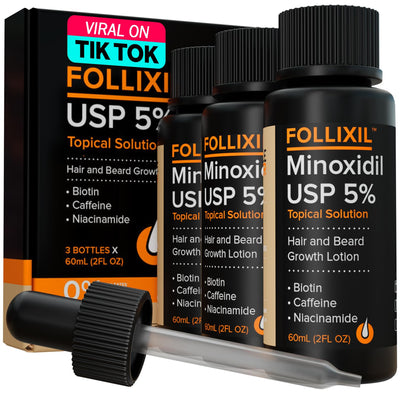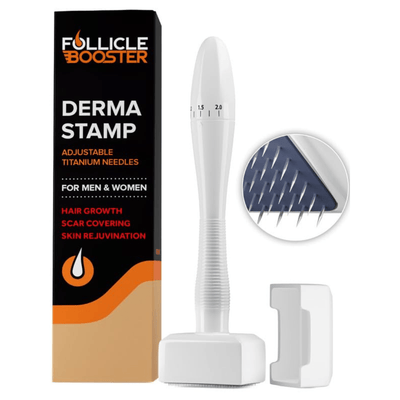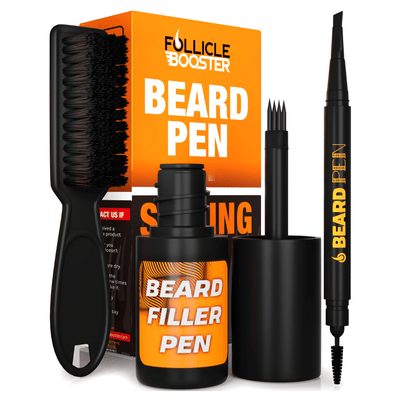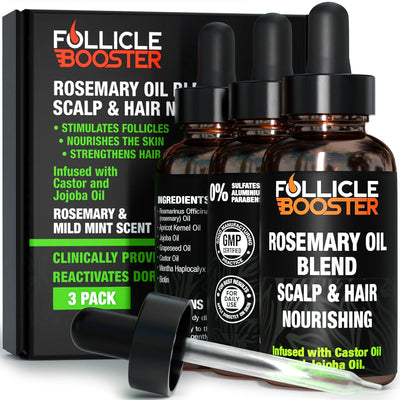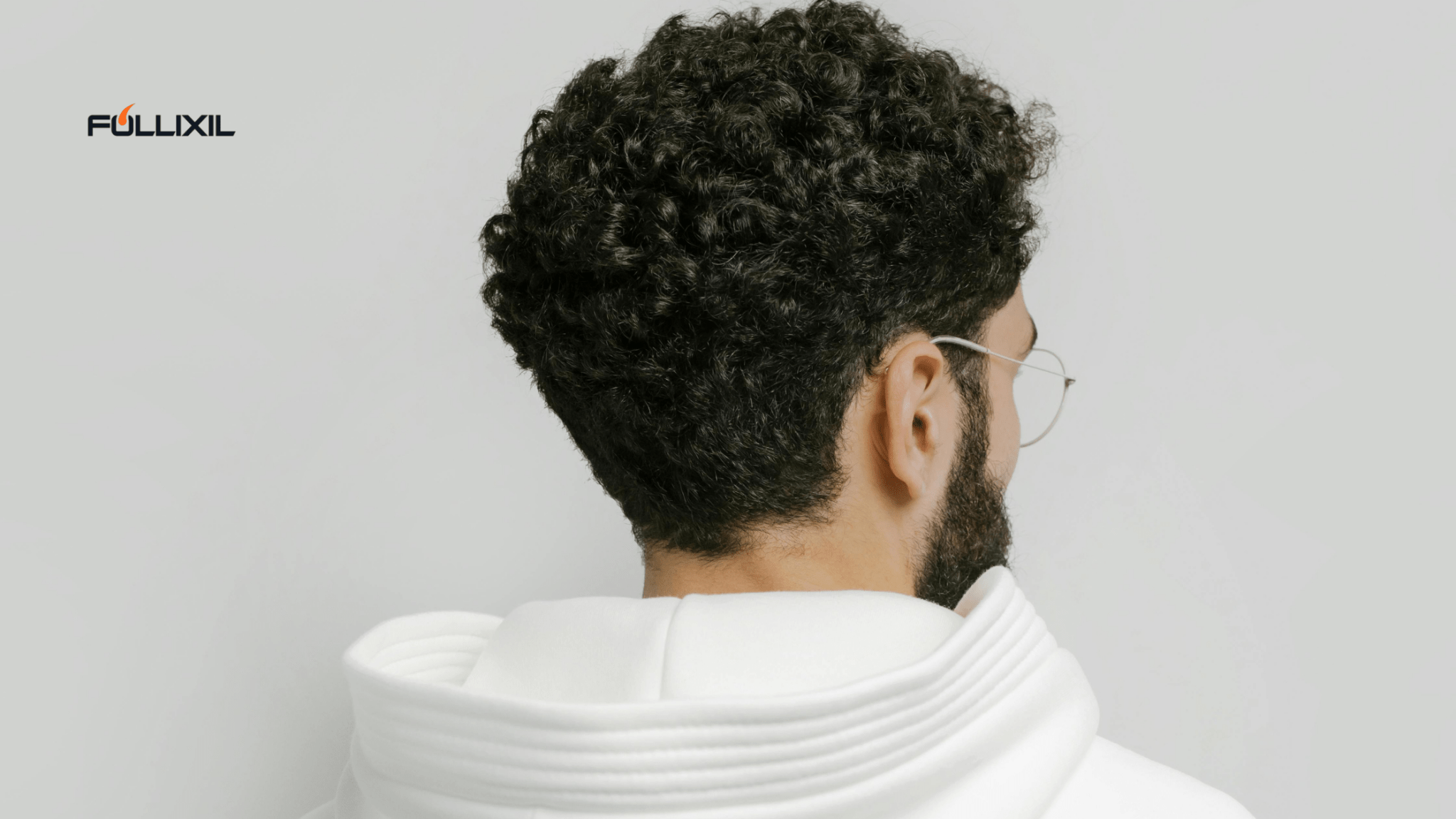For years, a peculiar myth has floated around in beauty salons, barbershops, and even family gatherings: “If you have curly hair, you’ll eventually go bald.”

It’s one of those statements that sounds oddly specific but has no scientific backbone. Let’s set the record straight, curly hair does not inherently cause baldness.
While hair type can influence how your hair looks, feels, and behaves, it doesn’t determine whether you’ll keep it for life. Baldness is influenced by genetics, hormones, health, and hair care practices, not the curl pattern of your strands.
Below, we’ll break down the reasons this myth doesn’t hold up and what causes hair loss.
1. Hair Type and Hair Loss Are Different Genetic Traits
Curly hair is determined by the shape of your hair follicle, oval or asymmetrical follicles produce curls, while round follicles produce straight hair. Baldness, particularly pattern baldness, is influenced by different genetic factors related to hair growth cycles and hormone sensitivity. You can inherit curly hair without inheriting the genes that make you prone to hair thinning. This means someone with tight coils could have a full head of hair for life, while someone with straight hair might experience early hair loss.
2. Hair Breakage Isn’t the Same as Baldness
Curly hair is naturally drier because the twists and turns make it harder for scalp oils to travel down the hair shaft. This dryness can lead to breakage if hair isn’t moisturized regularly. Breakage might make hair look thinner, but it’s not true baldness — the follicles are still alive and capable of growing new hair. With proper care, curly hair can remain healthy, strong, and whole.
3. The Real Culprits Behind Hair Loss
Baldness is most commonly linked to:
- Androgenetic alopecia (male or female pattern baldness)
- Hormonal changes (e.g., thyroid issues, menopause, pregnancy)
- Nutritional deficiencies (iron, protein, vitamin D)
- Stress and illness (including post-COVID shedding)
- Harsh chemical or heat treatments
- Notice that “having curly hair” is not on the list.

4. Curly Hair May Appear Thinner Over Time , But That’s an Illusion
Because curly hair tends to shrink when dry, some people might notice their hair looking “less full” as they age. However, this can be due to changes in curl pattern, hair density, or color, not actual balding. As we age, hair naturally grows a bit slower and may lose some pigment, making it look thinner, this happens to all hair types.
5. Healthy Hair Habits Matter More Than Hair Type
Regardless of curl pattern, your daily hair care routine plays a significant role in keeping your strands healthy. Curly hair needs extra hydration, gentle detangling, and protective styles to minimize breakage. A balanced diet, scalp massage, and avoiding tight hairstyles can also help keep hair strong and reduce shedding.
Curly hair itself does not cause baldness. What matters is how you care for your hair, your overall health, and your genetic predisposition to hair loss. So if you’re blessed with bouncy curls, embrace them! With proper care and nourishment, you can keep them healthy for decades without worrying that they’ll lead to baldness.
